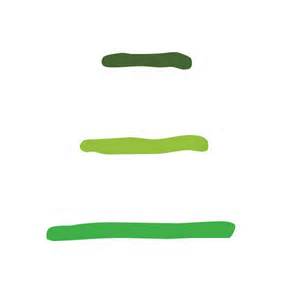4 May 2014
A single hyphen should never be substituted for a dash. The hyphen's purpose is to connect. The purpose of a dash is to separate.
In days of yore when we used machines called typewriters, typists created an em dash by typing two consecutive hyphens. If we do so now, modern software often wreaks havoc by converting the double hyphen into one hyphen-thereby connecting what we intended to separate—as with the nonsensical hyphen-thereby in this sentence.
In casual writing, if our platform does not allow us to use special characters of the em-dash sort, one workaround is to substitute three hyphens for the em dash. When our text is then converted to HTML or RTF, our dashes won't become hyphens.
(Extracted from EE3, Chap. 2, "Fundamentals of Citation." If your recollection of the differences between em dashes and en dashes, 2-em dashes and 3-em dashes has grown fuzzy, see particularly EE 2.65.)
Auto-Correct
As far as modern word processors turning the double hyphen into a single one, that's a matter of the auto-correct settings, which can be changed by the user. I also think that most software does change the double hyphen into a dash, though without a micrometer I couldn't tell you whether it was an en dash or an em dash; it's definitely longer than a hyphen.
My software (LibreOffice) will make the correction only if there is a space on both sides of the double hyphen and it must be a regular space, not whatever they call it (soft space?) when you use the key combination to force the words to stay together on the same line (ctrl-shift-space in my software).
The bigger problem I find is when a single hyphen surrounded by spaces is "corrected" to a dash when I don't want it to be (there are occasions when, for the sake of appearances, I want the space there to set it off). I've adjusted the auto-correct feature in my word processor to convert a double hyphen to a dash but to leave the single hyphen alone.
Of course, software other than a word processor might not be controllable, leading to the problems discussed in the post. If the dash is correctly in the text before converting to HTML or PDF, though, no further changes should take place in the conversion process.
Auto-Correct
Dave, you're quite right about word-processors, though we rarely have any control over online platforms that we use. The last item is also a kicker, because much of our writing is not converted into HTML or PDF. In most word processors, e-mail programs, etc., what we create is being read by others whose software has different settings and what we output is too often not what they see. "Real" em and en dashes are always best; but when software fights us, it's nice to have a workaround.